Customized Packaging Solutions for Lithium-Ion Batteries
Prateek Kar | Posted on |
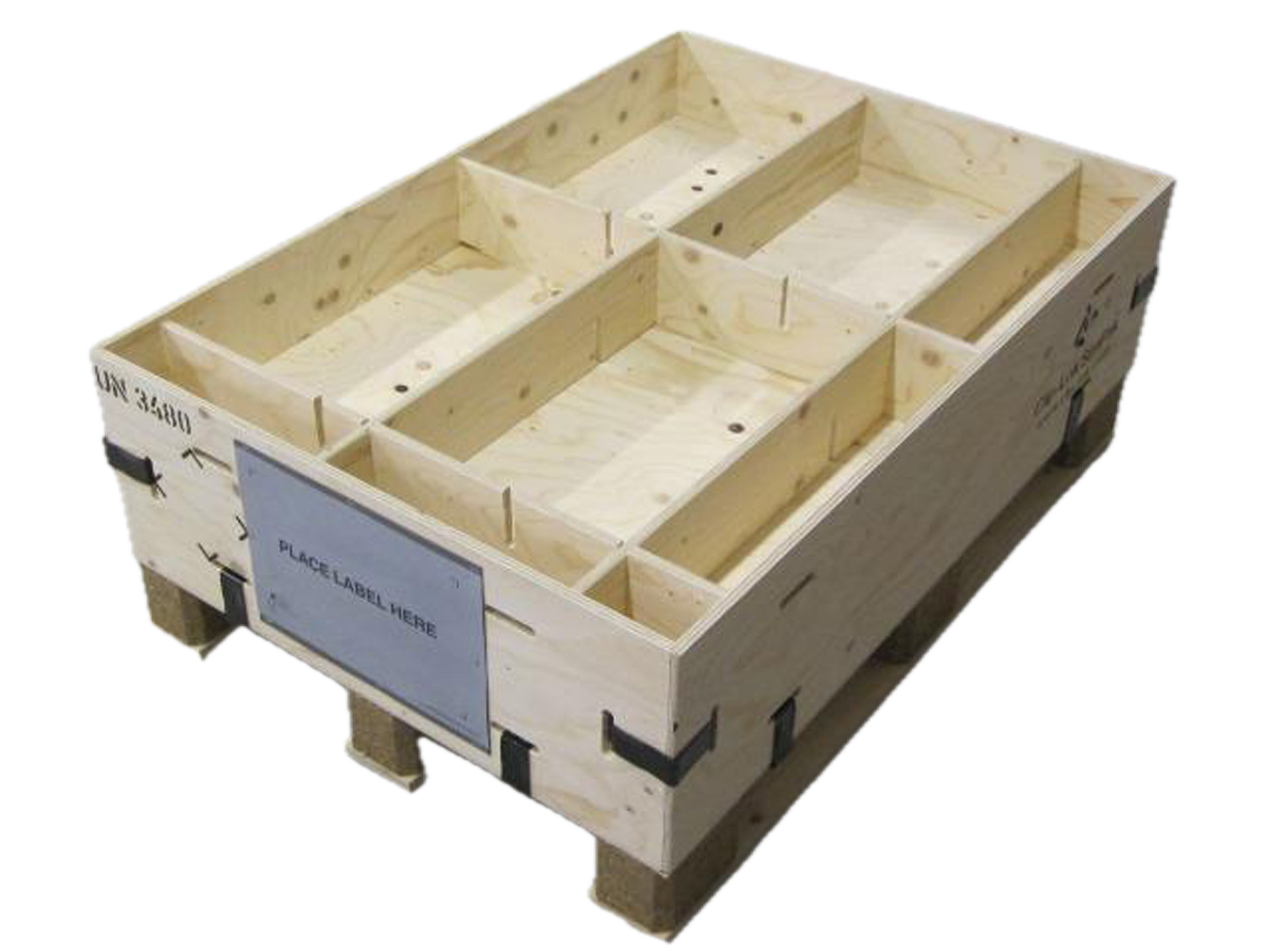
In the era of electric mobility and technological advancements, the demand for lithium batteries has surged dramatically. As these batteries power various devices and vehicles, ensuring their safe transport and integration into final applications is paramount. Clip-Lok SimPak, is a leading provider of the customized sustainable packaging solutions. Clip-Lok SimPak provides customised packaging solutions for lithium-ion batteries. The company offers expertise and innovation in packaging for lithium-ion batteries, addressing the crucial aspect of safety throughout their lifecycle.
Lithium batteries are considered to be dangerous goods. Due to potential chemical reactions and flammable substances within lithium batteries pose risks of fire and explosion, especially when exposed to improper handling or adverse environmental conditions.
In order to mitigate these risks, stringent regulations, such as those stipulated by the UN, govern the packaging and transport of lithium batteries.
UN regulations, particularly UN 38.3 in Manual of Tests and Criteria, outline rigorous test procedures to evaluate the performance of lithium batteries under transport conditions. These tests encompass stability, shock resistance, overcharge, temperature, vibration, and more, ensures to minimize the risk of short-circuiting, fire, or chemical leakage. Other UN regulations, such as ADR or RID for transport by road/rail, ensure the batteries are carefully transported in approved and tested packaging. It is done to make sure the packaging protects the batteries from its surroundings during transport.
Compliance with UN specifications not only enhances safety during transportation, but also fosters consistency and reliability across the supply chain.
Regulations regarding transportation norms of the lithium batteries
- UN 38.3 Compliance: Lithium batteries must undergo testing in accordance with UN 38.3. The regulations establish rigorous procedures and criteria to evaluate their performance under conditions representative of transport. This includes assessments of stability, shock resistance, overcharge, temperature, vibration, and more.
- UN Type Approval Testing: Developed packaging solutions for lithium batteries must, in some cases, undergo type approval testing before they can be utilised for shipping. This testing verifies that the packaging meets the necessary UN specifications and regulatory standards for lithium battery transport.
- Short circuiting: Batteries should be always protected from short-circuiting to minimize the risk of fire or explosion.
- Prevention of Shifting: Packaging should be designed to prevent batteries from shifting during transit. Secure packaging ensures that batteries remain immobilized, reducing the likelihood of damage to the batteries or surrounding cargo.
- Secure Fastening: When shipping batteries contain an equipment, such as electric vehicle (EV) batteries, they must be securely fastened within the equipment to ensure stability and safety during transport.
- Labeling and Documentation: Packaging for lithium batteries must adhere to detailed guidelines on labelling and documentation outlined in UN ADR and equivalent. This includes appropriate labelling to indicate the presence of lithium batteries, as well as documentation to facilitate traceability and identification throughout the supply chain.
- Drop Testing: Packaging performance evaluations must include drop tests to assess its ability to withstand impacts from various orientations. These tests help validate the packaging’s ability to protect lithium batteries during transit.
Customised packaging solutions for lithium batteries by Clip-Lok SimPak
Clip-Lok SimPak’s packaging solutions adhere meticulously to UN regulations. The packaging is secured and tailored for lithium batteries. Our engineers possess the expertise to navigate the type approval testing process. We ensure that packaging meets the requisite standards for lithium battery transport.
Key considerations in Clip-Lok SimPak’s packaging solutions:
- Non-Metallic Packaging: Lithium batteries are enclosed in non-metallic packaging, isolating them from electrically conductive materials to prevent short-circuiting.
- Preventing Shifting: Packaging is designed to immobilise batteries during transit, preventing movement that could lead to damage.
Moreover, Clip-Lok SimPak’s packaging solutions offer several features:
- No Nails or Screws Required: Streamlined packaging processes eliminate the need for additional hardware, reducing complexity and cost.
- Ease of Handling: Ergonomic design facilitates convenient handling and transport, enhancing operational efficiency.
- Customisation: Tailored solutions cater to specific requirements, ensuring optimal fit and protection for diverse lithium battery applications.
- Sustainable packaging materials: Clip-Lok SimPak produce wooden crates, plywood boxes for lithium batteries out of recycled materials.
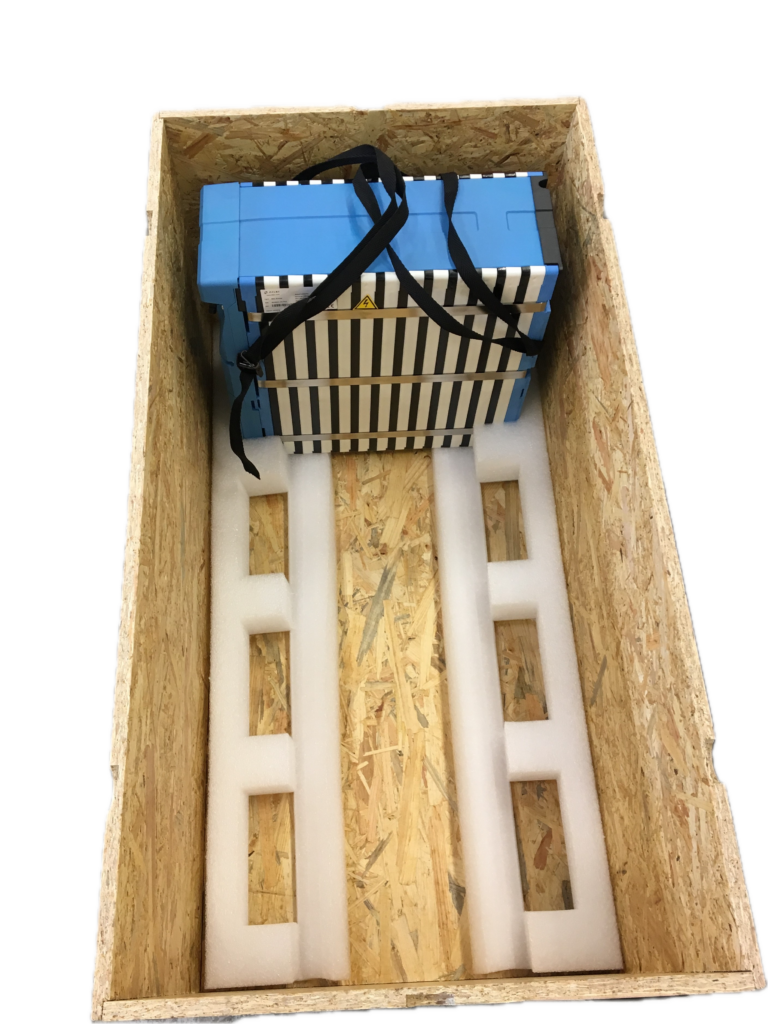
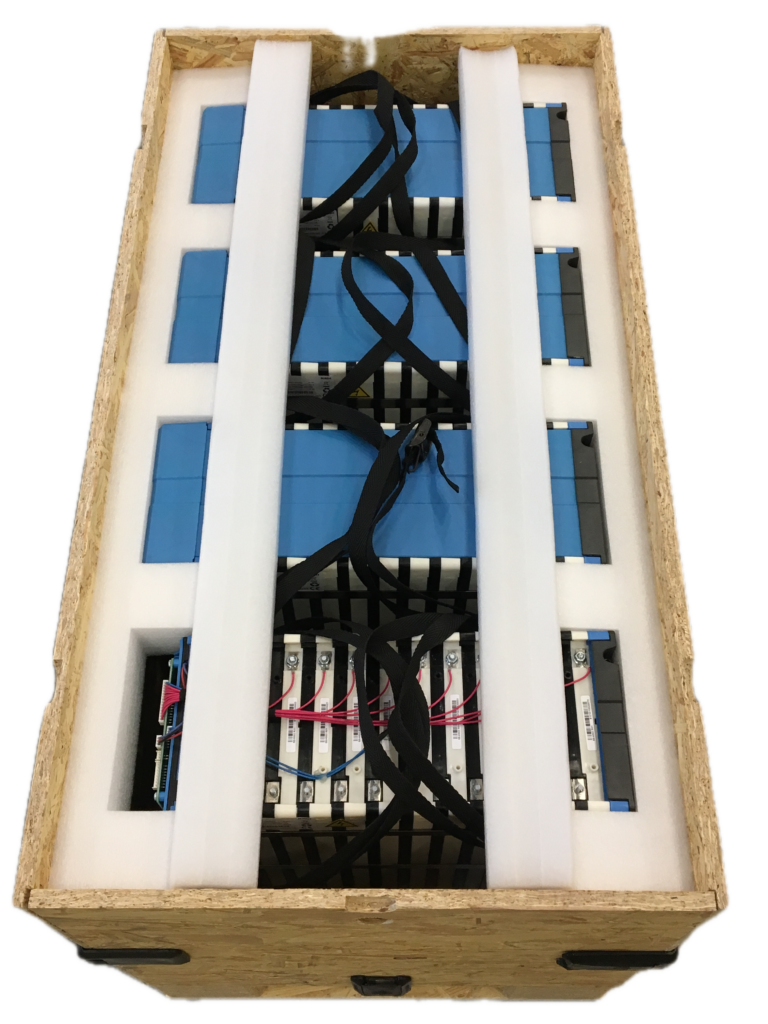
Among notheworthy achievements is UN 50D packaging solutions for high-capacity batteries 500kg net weight used in buses. This unique and specific case exemplifying the company’s capacity to deliver cutting-edge solutions while ensuring compliance with UN regulations.
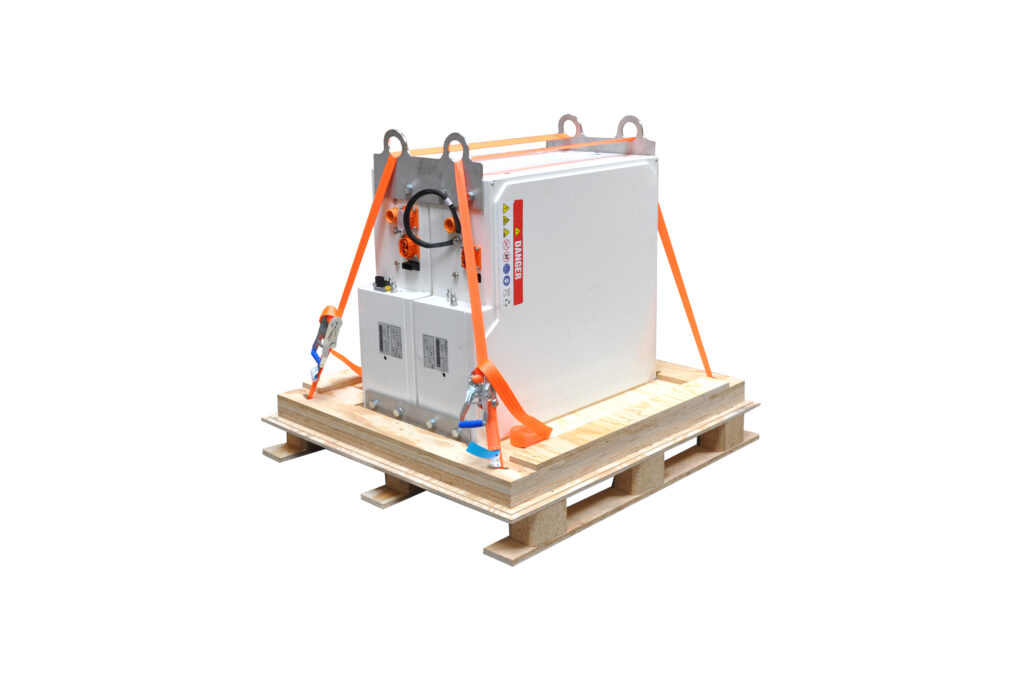
In-house drop tests constitute a crucial component of Clip-Lok SimPak’s quality assurance process, validating packaging performance under real-world conditions. Rigorous testing protocols assess the packaging’s ability to withstand impacts from various orientations, ensuring robust protection for lithium batteries during transit.
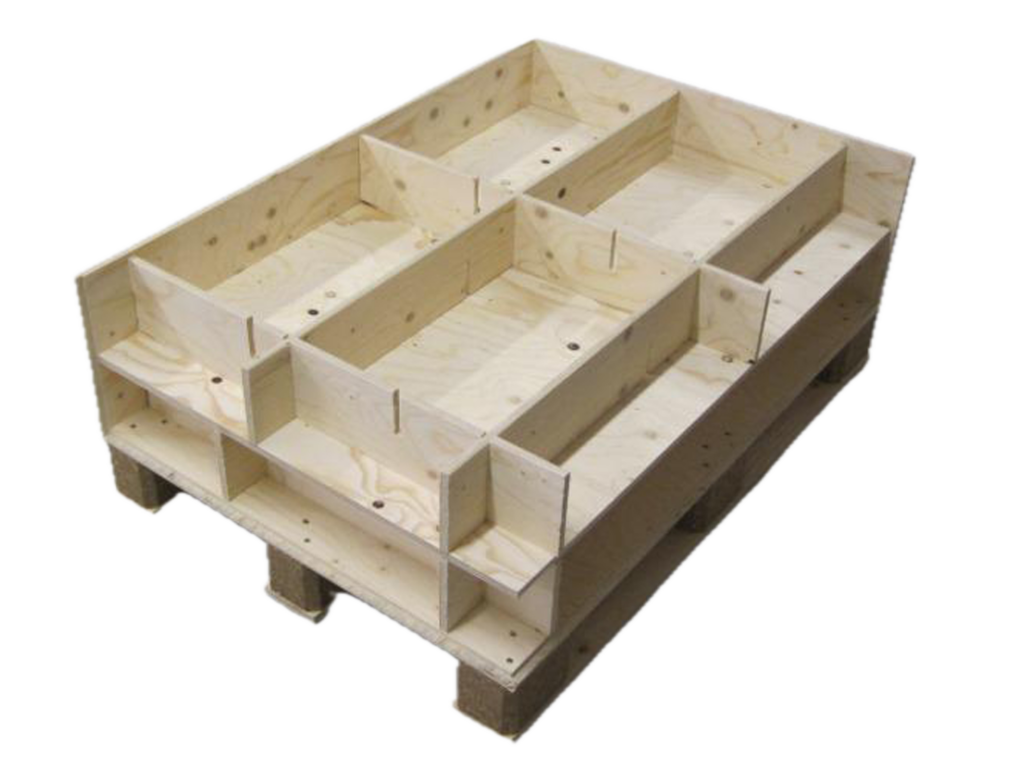

In conclusion, Clip-Lok SimPak’s secure and customised packaging solutions for lithium batteries epitomise innovation, safety, and compliance with regulatory standards. By prioritising these principles, the company empowers industries reliant on lithium-ion technology to transport their products securely and with confidence, fostering progress and sustainability in the realm of electric mobility and beyond.